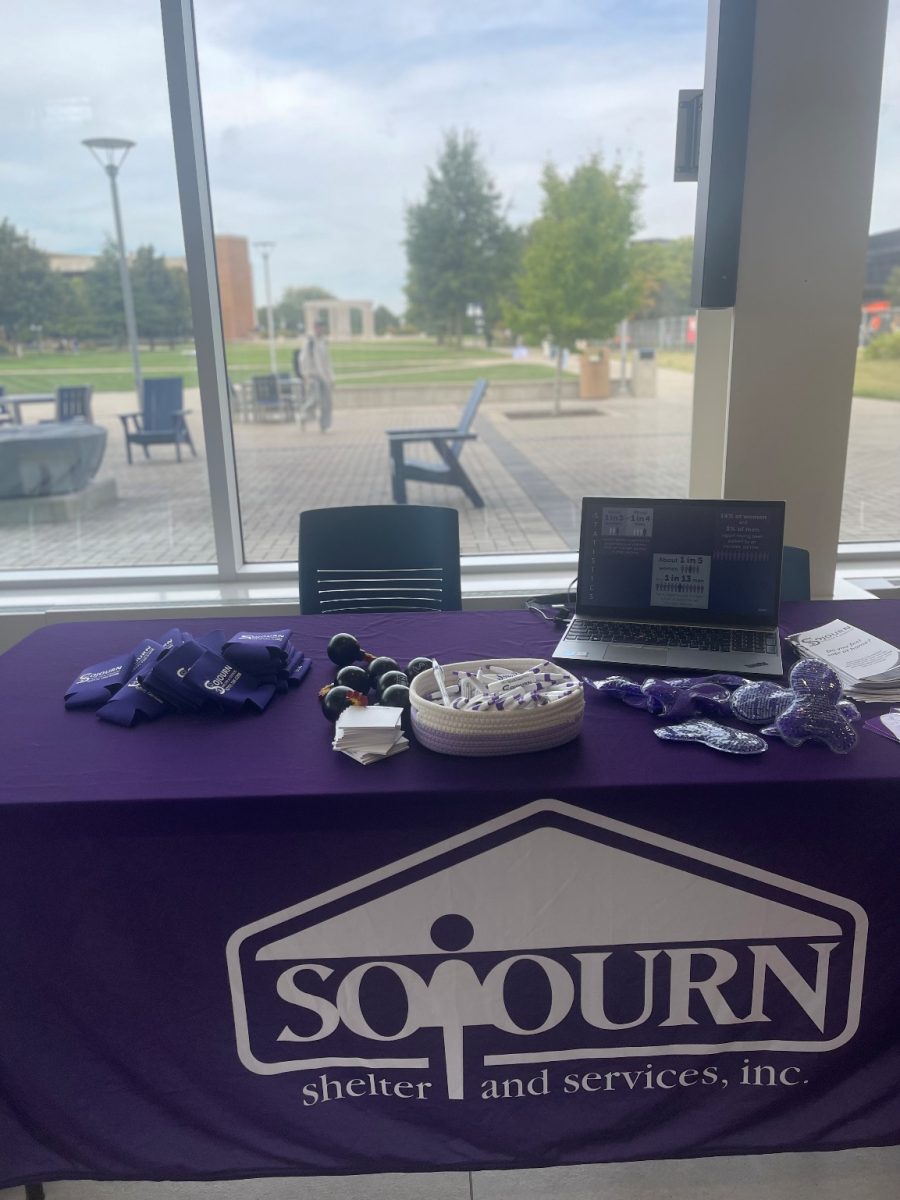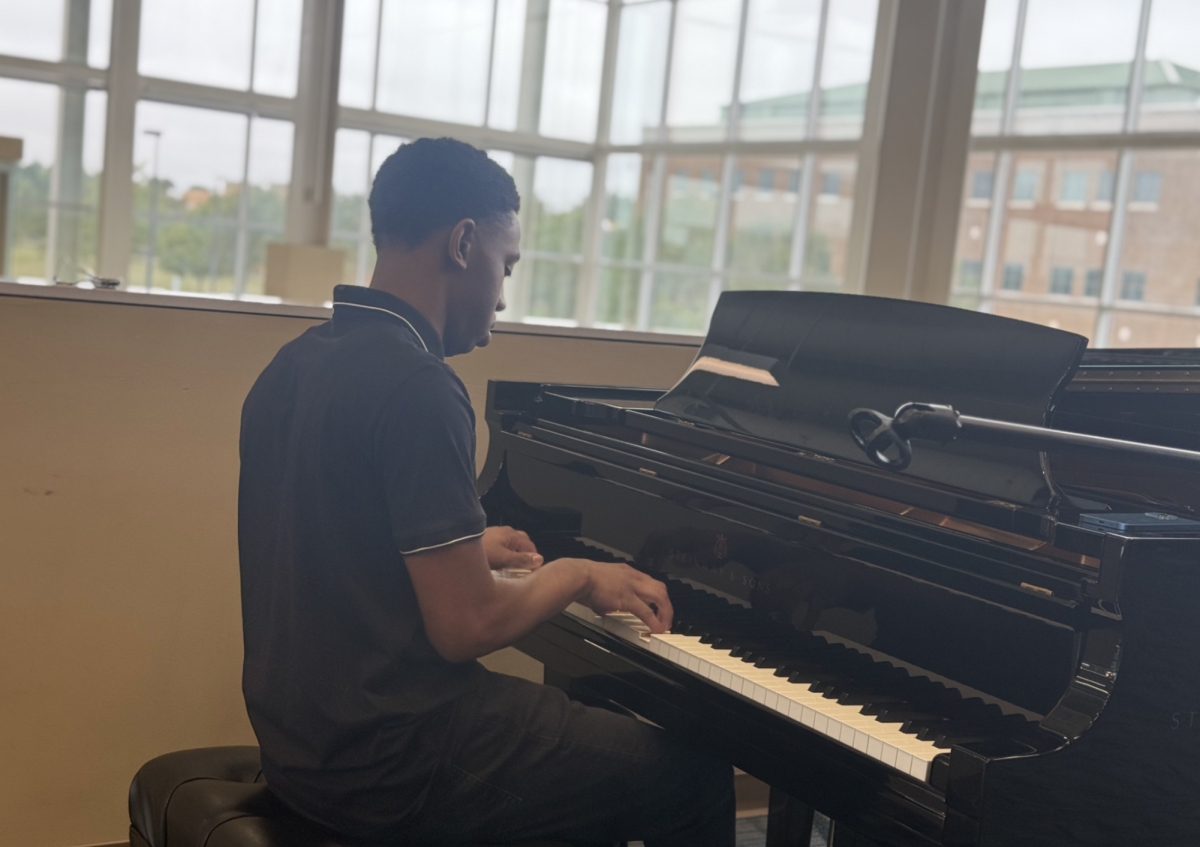The latest installment, titled “Budget Hacks,” aimed to provide students with practical strategies for managing their finances and achieving their financial goals.
Hosts Kimber Beckler and Andrea Pellegrini, known for their “Making Cents of Money” podcast, led the session, offering valuable insights on how individuals can enhance their financial stability. Topics discussed included identifying spending priorities, setting realistic goals, tracking expenses, and adjusting spending habits.
The one hour webinar broke down the three main components of budgeting: income, expenses, and goals. Beckler and Pellegrini emphasized that understanding these elements is crucial for creating an effective budget. They kicked off the discussion with the importance of identifying spending priorities, highlighting the need to differentiate between essential expenses (needs) and discretionary spending (wants).
Food insecurity is a significant challenge faced by many college students, and the hosts addressed this by recommending several “budget hacks.” Students were encouraged to use campus meal plans, apply for SNAP benefits, and explore local food pantries to meet their basic needs. They suggested starting with a lower-cost meal plan for those unsure about their eating frequency and adjusting it later to avoid unnecessary expenses.
Goal setting was another key focus of the webinar. The hosts introduced the S.M.A.R.T. model as a practical framework for setting financial goals:
Specific
Measurable
Achievable
Realistic
Timely
This approach helps students plan for various financial objectives, such as building an emergency fund, saving for a vacation, or managing student account refunds more effectively.
Tracking spending was also covered in-depth, with a look at various tools and methods. Students were encouraged to explore digital tools like budgeting apps offered by banks, third-party applications, and even Google Sheets.
For those who prefer traditional methods, manually recording expenses on paper, using envelopes, or marking spending on a calendar are still effective options. The hosts stressed the importance of selecting a method that works best for the individual and staying consistent with it.
The webinar concluded with additional tips for improving financial habits. Beckler and Pellegrini recommended strategies like utilizing credit card rewards, employer matching programs, and gift cards. They also advocated for do-it-yourself projects, home cooking, and avoiding impulse buys to maximize savings.
The “Get Savvy” series provides students with practical financial advice to navigate their limited budgets effectively.
For those who missed the “Budget Hacks” session, previous recordings are available on the University of Illinois YouTube channel (@ILStudentMoney).
The next webinar is scheduled for October 5th. Registration is required.








